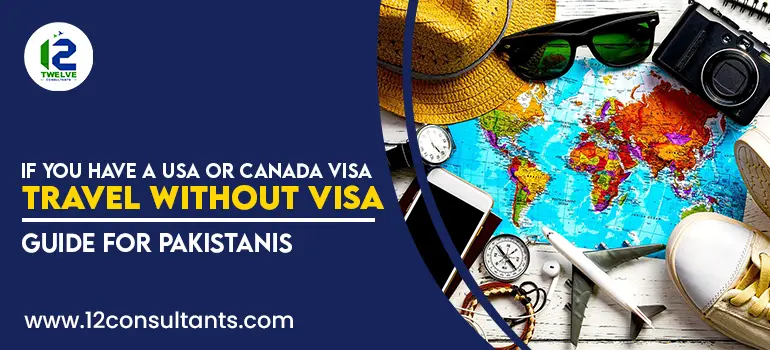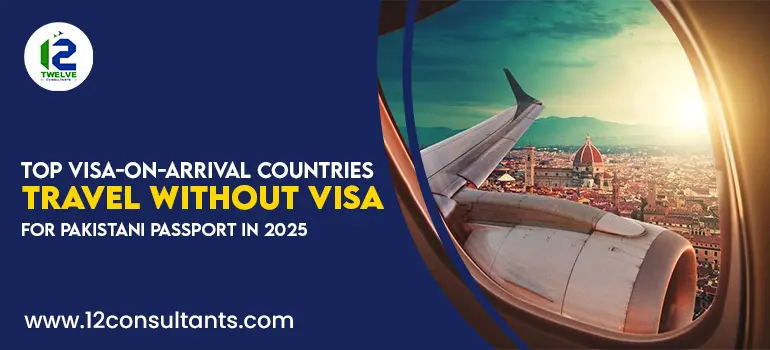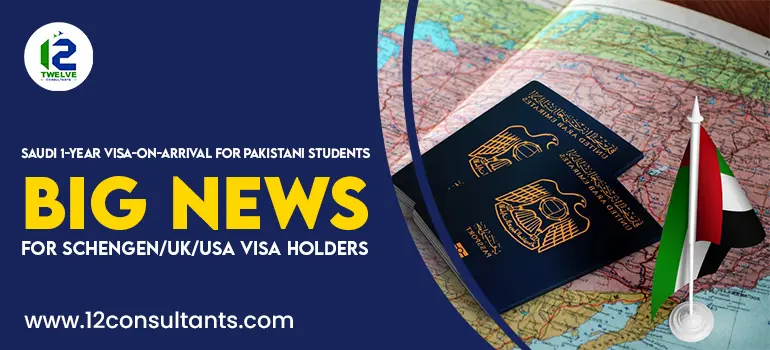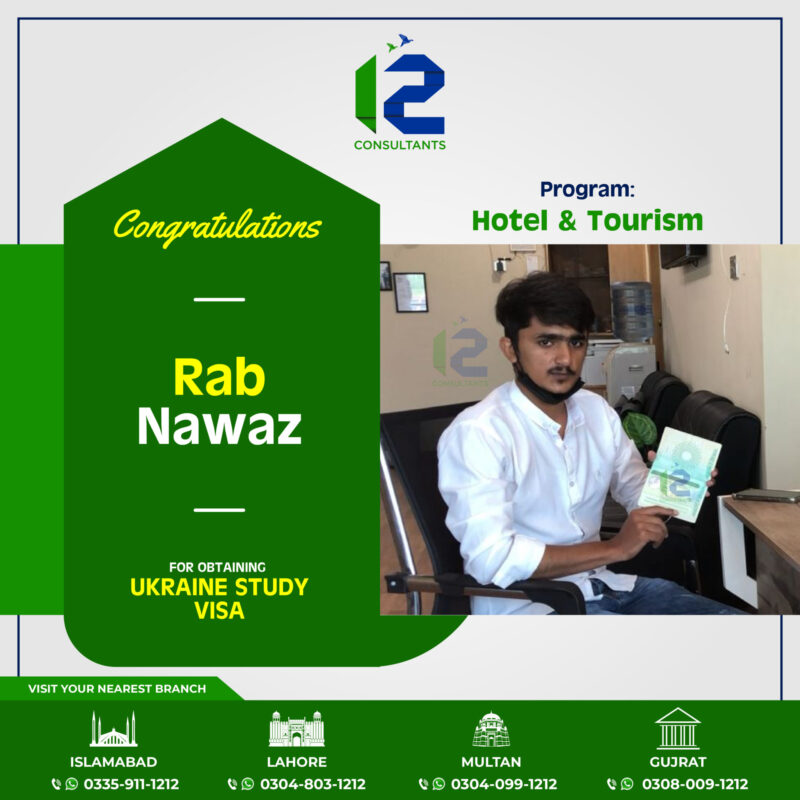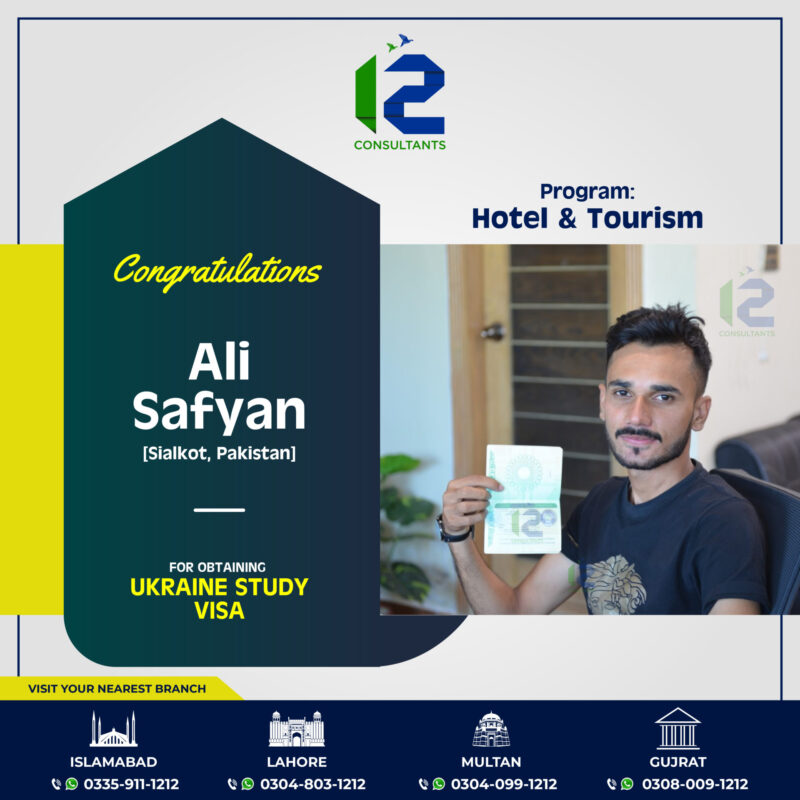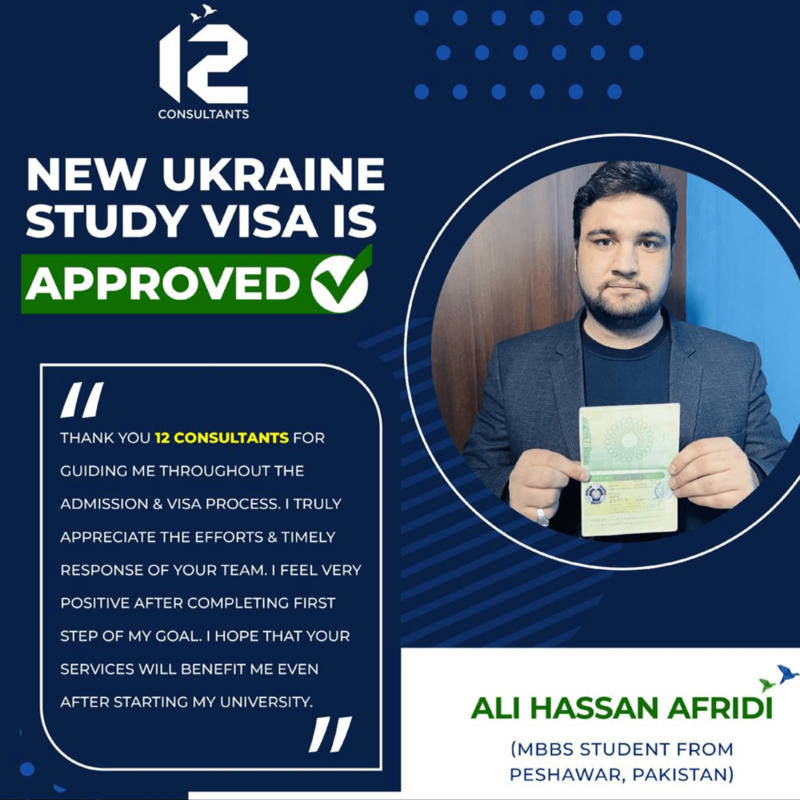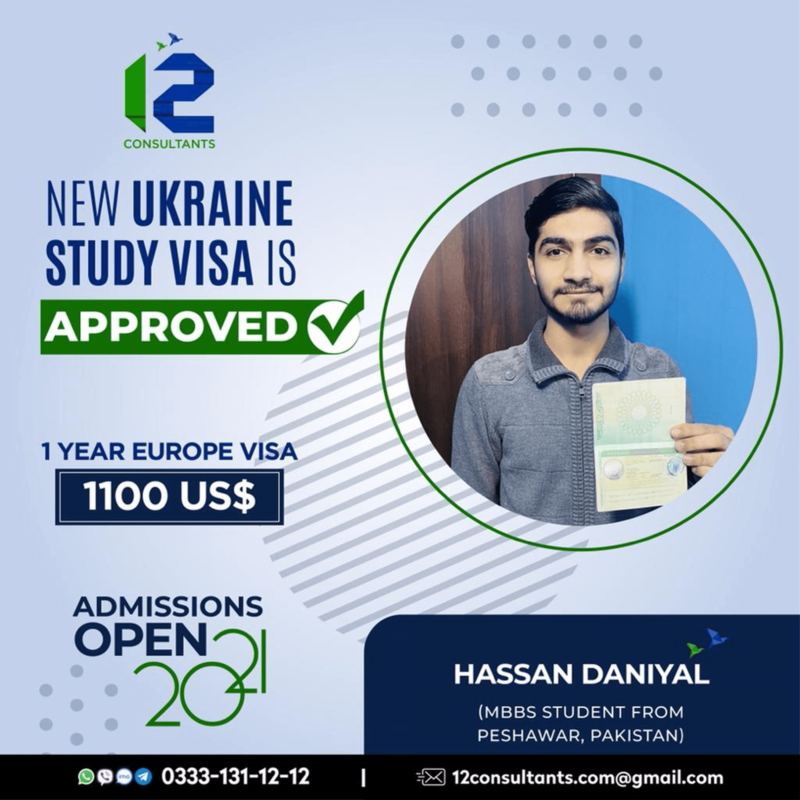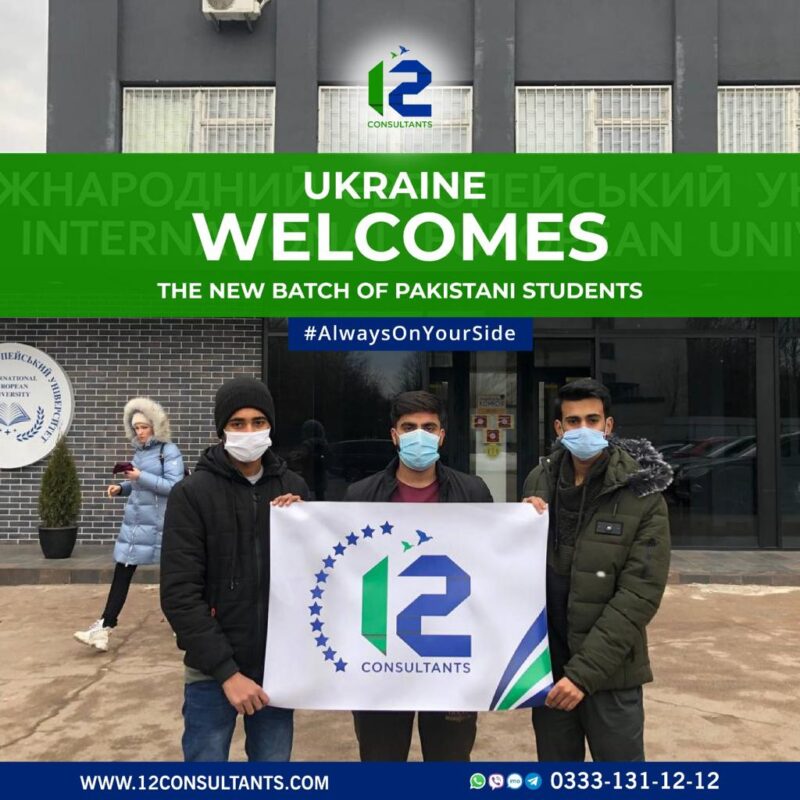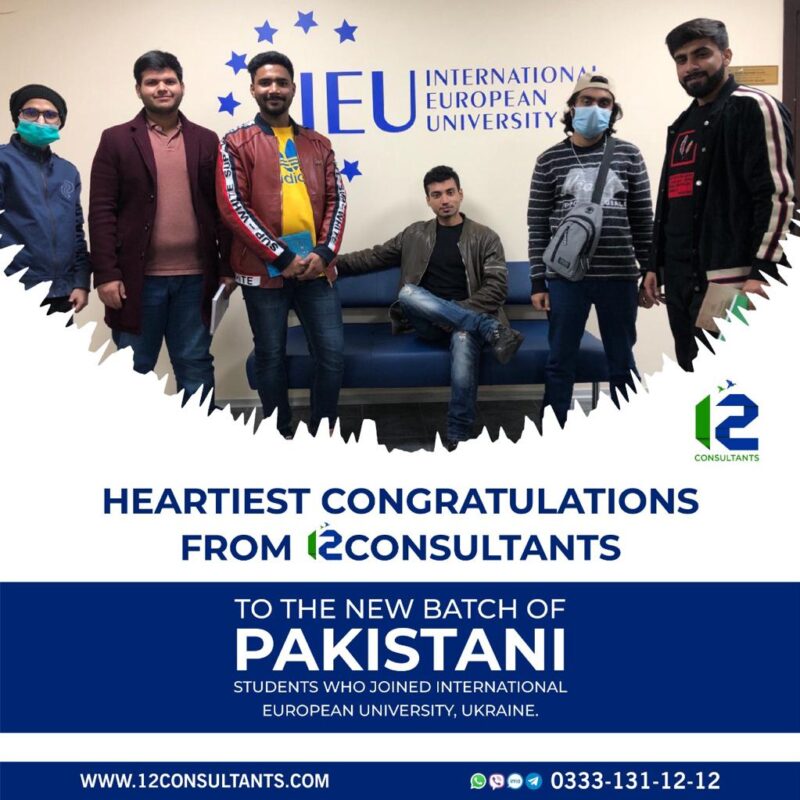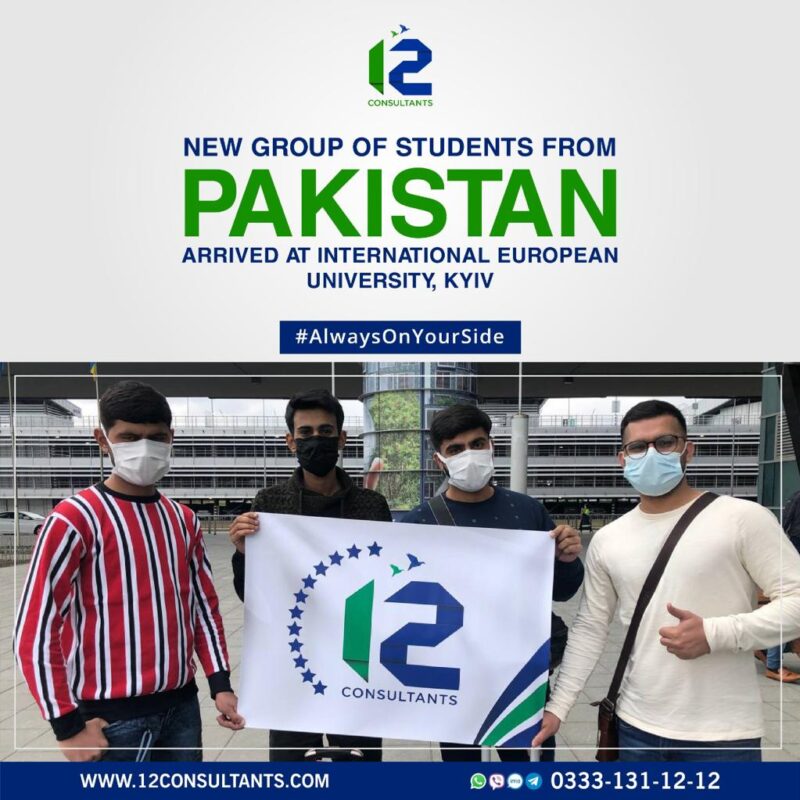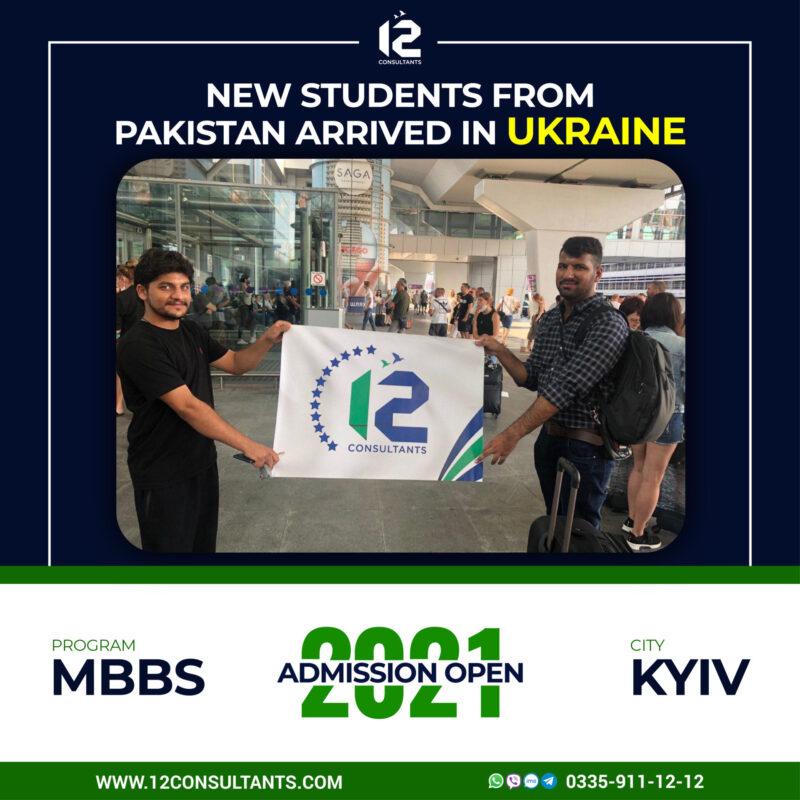

Croatia WORK PERMIT FOR FOREIGNERS | JOB TYPES | SALARY
Croatia, with its stunning coastline along the Adriatic Sea and rich cultural heritage, has become an increasingly attractive destination for foreigners seeking employment opportunities. If you’re considering working in this beautiful Mediterranean country, understanding the process of obtaining a work permit is crucial. In this comprehensive guide, we’ll provide detailed insights into securing a work permit in Croatia, covering essential topics such as job opportunities, salary ranges, the application process, visa requirements, obtaining a residence permit, settling in Croatia, and addressing frequently asked questions.
Croatia Overview:
| Location | Southeastern Europe |
|---|---|
| Currency | Croatian Kuna (HRK) |
| Schengen Country | No (EU Member, not part of Schengen) |
| Official Language | Croatian |
| Part-Time Work | Permitted (typically up to 20 hours/week) |
| Accommodation Cost (Monthly) | HRK 2,500 – HRK 6,000 |
| Living Expenses (Monthly) | HRK 3,000 – HRK 5,000 |
| Visa Processing Time | 1 to 3 months (varies based on permit type and circumstances) |
| Visa Approval Rate | Generally high for eligible applicants with valid job offers and complete documentation |


Types of Jobs in Croatia:
Certainly! Croatia offers diverse employment opportunities across various sectors. Here are ten key job categories with details about job opportunities in each sector:
1. Tourism and Hospitality: Croatia’s tourism industry is vibrant, especially during the summer months when tourists flock to its beautiful coastal cities. Job opportunities include hotel management, front desk receptionists, chefs, waitstaff, tour guides, and event coordinators. The demand for multilingual staff is high, making it an excellent opportunity for individuals fluent in multiple languages.
2. Information Technology (IT): The IT sector in Croatia is growing rapidly, with opportunities in software development, web development, IT consulting, cybersecurity, and digital marketing. IT professionals, especially software developers and cybersecurity experts, are in high demand, and many Croatian companies are open to hiring international talent.
3. Healthcare: Croatia has a well-developed healthcare system, and there is a constant demand for qualified medical professionals. Opportunities include doctors, nurses, medical technicians, pharmacists, and specialists in various medical fields. English-speaking healthcare professionals are particularly sought after in the private healthcare sector and tourist areas.
4. Engineering: Croatia has a strong engineering sector, with opportunities in mechanical engineering, electrical engineering, civil engineering, and environmental engineering. Engineers are in demand in industries such as manufacturing, construction, energy, and infrastructure development. Engineers working on sustainable and green technologies are especially valued.
5. Education: Croatia has a robust education system, and there is a demand for teachers, particularly in international schools and language centers. Opportunities exist for teachers of English, mathematics, science, and other subjects. Additionally, there are opportunities for academic researchers and professors in Croatian universities and research institutions.
6. Finance and Banking: The financial sector in Croatia offers roles for accountants, financial analysts, banking professionals, and investment advisors. Financial institutions, accounting firms, and businesses require financial experts to manage their accounts, investments, and financial planning. Knowledge of international finance and languages can be advantageous in this field.
7. Marketing and Advertising: Marketing professionals, including marketing managers, digital marketing specialists, market researchers, and advertising executives, are in demand in Croatia. With the rise of online marketing, expertise in social media marketing, search engine optimization (SEO), and online advertising is particularly valuable.
8. Environmental Sciences: With a growing focus on environmental conservation and sustainable practices, there are opportunities for environmental scientists, ecologists, conservationists, and specialists in renewable energy. Organizations and government agencies involved in environmental projects seek professionals with expertise in environmental sciences and conservation.
9. Maritime Industry: Given Croatia’s extensive coastline, the maritime industry plays a significant role in the country’s economy. Opportunities in this sector include jobs on cruise ships, yacht crew members, marine engineers, naval architects, and port management professionals. Fluency in multiple languages and relevant certifications are often required for these roles.
10. Language Services: Language professionals such as translators and interpreters are essential in Croatia, especially in the tourism sector and international business. Language instructors who teach English, Croatian, or other foreign languages are also in demand. Language skills are valuable assets for individuals seeking employment in these roles.
Average Salary & Income (HRK):
| Profession | Average Monthly Salary Range (HRK) |
|---|---|
| Tourism and Hospitality | |
| Hotel Manager | HRK 8,000 – HRK 15,000 |
| Chef | HRK 6,000 – HRK 10,000 |
| Waitstaff | HRK 4,000 – HRK 7,000 |
| Tour Guide | HRK 5,000 – HRK 9,000 |
| Information Technology (IT) | |
| Software Developer | HRK 8,000 – HRK 15,000 |
| IT Consultant | HRK 7,000 – HRK 13,000 |
| Cybersecurity Specialist | HRK 8,500 – HRK 16,000 |
| Healthcare | |
| Doctor | HRK 15,000 – HRK 30,000 (varies based on specialization) |
| Nurse | HRK 5,000 – HRK 9,000 |
| Pharmacist | HRK 6,000 – HRK 11,000 |
| Engineering | |
| Mechanical Engineer | HRK 7,000 – HRK 13,000 |
| Electrical Engineer | HRK 7,500 – HRK 14,000 |
| Civil Engineer | HRK 6,500 – HRK 12,000 |
| Education | |
| Teacher | HRK 5,000 – HRK 9,000 |
| Academic Researcher (university level) | HRK 7,000 – HRK 13,000 |
| Finance and Banking | |
| Accountant | HRK 5,000 – HRK 9,000 |
| Financial Analyst | HRK 6,000 – HRK 11,000 |
| Banking Professional | HRK 6,500 – HRK 12,000 |
| Marketing and Advertising | |
| Marketing Manager | HRK 6,500 – HRK 12,000 |
| Digital Marketing Specialist | HRK 6,000 – HRK 11,000 |
| Environmental Sciences | |
| Environmental Scientist | HRK 6,500 – HRK 12,000 |
| Maritime Industry | |
| Yacht Crew Member | HRK 4,000 – HRK 7,000 |
| Marine Engineer | HRK 7,500 – HRK 14,000 |
| Language Services | |
| Translator/Interpreter | HRK 5,000 – HRK 9,000 |
| Language Instructor | HRK 4,000 – HRK 8,000 |
How to Apply for Work Permits in Croatia:
1. Find a Job: Start by securing a job offer from a Croatian employer. Without a confirmed job, you cannot apply for a work permit.
2. Employer’s Role: Your employer will be responsible for initiating the work permit process, including submitting necessary documents to the Croatian Ministry of Labor and Pension System.
3. Gather Required Documents: Collect the necessary documents, including your employment contract, educational certificates, proof of health insurance, a copy of your valid passport, and documents confirming your employer’s legitimacy.
4. Submit the Application: Your employer submits the application on your behalf to the Ministry of Labor and Pension System. The processing time can vary, so it’s crucial to apply well in advance of your intended start date.
5. Obtain Work Visa: Once your work permit is approved, you can apply for a work visa at the Croatian embassy or consulate in your home country. Provide proof of your work permit approval, passport, and other required documents.
6. Obtain a Temporary Residence Permit (TRP): Upon arrival in Croatia with a work visa, apply for a Temporary Residence Permit (TRP) at the local police station within the designated timeframe. The TRP allows you to legally reside and work in Croatia for the duration of your employment contract.
7. Renewal: Work permits and residence permits have specific durations. Ensure to apply for renewal before your permit expires. Keep all documents updated and submit the renewal application on time to avoid legal complications.
1. Permanent Residence in Croatia: To be eligible for permanent residency in Croatia, you generally need to have held a Temporary Residence Permit (TRP) for several years, often around 5 years, depending on your specific circumstances.
2. Continuous Legal Residence: Maintaining continuous legal residence in Croatia is crucial. Any gaps or extended periods outside the country might affect your eligibility for permanent residency.
3. Stable Income and Accommodation: Demonstrating a stable source of income and secure housing in Croatia is essential. This showcases your integration into Croatian society and your ability to support yourself.
4. Language Proficiency: Having a basic understanding of the Croatian language can enhance your application. Some language proficiency might be required, especially if you plan to apply for citizenship in the future.
5. Integration: Participating in community activities, volunteering, or engaging in cultural events demonstrates your integration into Croatian society and strengthens your PR application.
6. Professional Assistance: Given the complexities of immigration laws, consider consulting with an immigration lawyer or expert. They can guide you through the application process, ensuring all documents are in order and increasing your chances of a successful application.


Admission & Visa Process from Pakistan
Job Offer: You must secure a confirmed job offer from a Croatian employer. The employer should initiate the process by filing a request for approval of employment of a foreign national.
Employer’s Role: Your Croatian employer needs to provide documents proving the need for a foreign worker. This includes a work contract or a statement of employment.
Work Visa Application: Apply for a work visa at the Croatian embassy or consulate in your home country. The application form must be completed accurately and submitted with all required documents.
Required Documents:
Passport: Ensure your passport is valid for at least three months beyond the intended date of departure from Croatia.
Job Offer Letter: A formal job offer specifying your position, salary, and other employment details.
Proof of Accommodation: Document proving you have a place to stay in Croatia.
Health Insurance: Proof of health insurance coverage in Croatia.
Proof of Funds: Evidence of financial means to support yourself during your stay.
Criminal Record Certificate: A certificate from your home country proving you have no criminal record.
Medical Certificate: Proof of good health and absence of contagious diseases.
Visa Application Fee: Payment of the applicable visa processing fee.
Processing Time: Visa processing times can vary but generally take a few weeks to a couple of months. It’s advisable to apply well in advance of your intended travel date.
Biometric Data Collection: You may need to provide biometric data (fingerprints and a photo) at the time of application.
Visa Approval: If your application is approved, you will be issued a work visa allowing you to legally work in Croatia.
Job Offer: You must secure a confirmed job offer from a Croatian employer. The employer should initiate the process by filing a request for approval of employment of a foreign national.
Employer’s Role: Your Croatian employer needs to provide documents proving the need for a foreign worker. This includes a work contract or a statement of employment.
Work Visa Application: Apply for a work visa at the Croatian embassy or consulate in your home country. The application form must be completed accurately and submitted with all required documents.
Required Documents:
Passport: Ensure your passport is valid for at least three months beyond the intended date of departure from Croatia.
Job Offer Letter: A formal job offer specifying your position, salary, and other employment details.
Proof of Accommodation: Document proving you have a place to stay in Croatia.
Health Insurance: Proof of health insurance coverage in Croatia.
Proof of Funds: Evidence of financial means to support yourself during your stay.
Criminal Record Certificate: A certificate from your home country proving you have no criminal record.
Medical Certificate: Proof of good health and absence of contagious diseases.
Visa Application Fee: Payment of the applicable visa processing fee.
Processing Time: Visa processing times can vary but generally take a few weeks to a couple of months. It’s advisable to apply well in advance of your intended travel date.
Biometric Data Collection: You may need to provide biometric data (fingerprints and a photo) at the time of application.
Visa Approval: If your application is approved, you will be issued a work visa allowing you to legally work in Croatia.
Work in Croatia as a Student
Croatia provides part-time work opportunities for Pakistani students, allowing them to work up to 20 hours per week on or off-campus. The minimum wage is competitive, making it financially viable for students to cover some of their living expenses and gain valuable work experience during their studies.
Key Points About Working in Croatia:
Part-Time Work: Pakistani students can work up to 20 hours per week during the academic year and full-time during university holidays.
Minimum Wage: Croatia’s minimum wage is competitive compared to many European countries, providing students with a decent income while studying.
Job Opportunities: The country’s growing economy and business-friendly environment offer various job opportunities in sectors like retail, hospitality, and information technology.
Work Experience: Working part-time can enhance students’ resumes, providing them with practical skills and experience that can benefit their future careers.
Language Skills: While many jobs may require knowledge of the Croatian language, there are also opportunities in English-speaking environments, especially in larger cities and international companies.
Pakistani students should ensure that they comply with Croatia’s labor laws and student visa regulations while working in the country.


No, a job offer from a Croatian employer is a prerequisite for applying for a work permit. You cannot apply without a confirmed employment opportunity.
The processing time can vary but typically takes several months. It’s advisable to apply well in advance of your intended start date to account for processing delays.
While not always mandatory, knowledge of the Croatian language can enhance your job prospects and integration into Croatian society. Some employers might require language proficiency for specific roles.
Work permits do not automatically grant residency rights to family members. They need to apply for their permits separately based on their relationship with the primary work permit holder.
It’s crucial to renew your work and residence permits before they expire. Failure to do so can result in legal complications, including fines and potential deportation. Timely renewal is essential to maintain your legal status in Croatia.
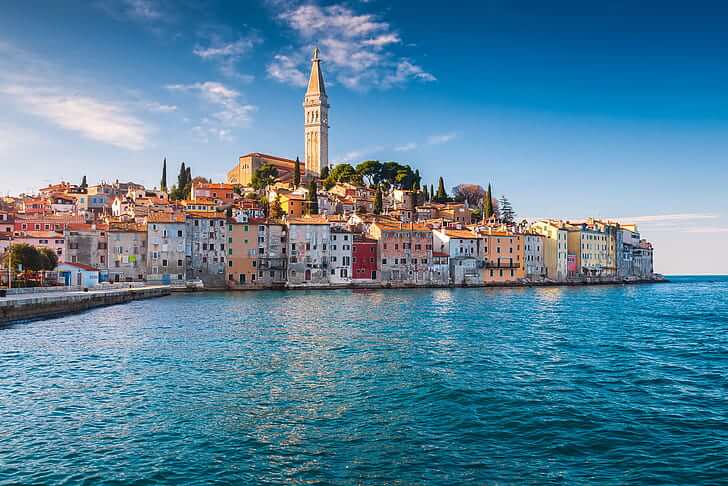

Recent Blogs
In This Article...
Request a Call-back
Looking for opportunities where transport costs within the flight are not considered is something that many students will consider possible for Pakistani students, especially those
Overseas education is lovely, and the single biggest issue that Pakistani students face while staying in foreign countries is finding affordable housing. Students can get
The Schengen visa is usually the first step towards Europe for a Pakistani passport holder. However, with new changes in the rules and regulations of
International travel is a bit of a chore, especially when you are a Pakistani passport holder, where, more often than not, you are expected to
Travelling to various parts of the globe can be challenging for a Pakistani citizen because getting a visa is often more complex. A USA or
There is a chance in the year 2025 for more Pakistani travellers to travel across the border countries without worrying about arranged visa requirements. Now,
The good news is that KSA has also introduced a one-year visa on arrival for Pakistani students with valid visas from Schengen countries, the United
Sometimes, the process of searching for cheap flights may seem very difficult. However, you can save a lot of money using the correct tactics. Below,
As people who travel often will agree, having the right credit card can make travel cheaper and even more luxurious. Flight and accommodation bookings also





